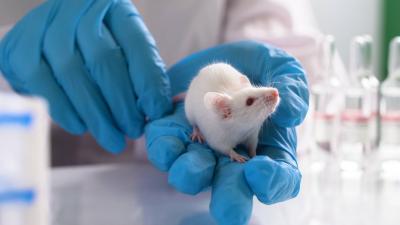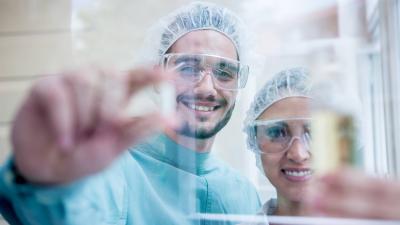Prolonging Human Organ Preservation Could Reform Current Transplantation Practices

Study in a Sentence: In a first-in-human clinical trial, researchers demonstrate the safety and feasibility of using a technique called dual hypothermic oxygenated machine perfusion (DHOPE) for prolonging donated human organ preservation for up to 20 hours, allowing for liver transplantation during daytime hours and representing a radical advancement in liver transplant procedures.
Healthy for Humans: Liver transplantation is often done as an emergency surgery because the liver's quality deteriorates the longer it's stored on ice before transplantation. This short storage time limits when transplants can be done and sometimes results in usable livers being discarded. Finding ways to preserve livers for longer would increase the human organ supply and reduce the number of livers wasted due to time constraints. It also has the potential to turn liver transplants into scheduled surgeries rather than emergencies, which would allow for daytime surgeries when a greater number of highly skilled personnel is available for complex and high-risk cases, improving transplant outcomes, and reducing the suggested need for xenotransplantation.
Redefining Research: For the first time, researchers successfully and safely prolonged the preservation of donated human livers for up to 20 hours using hypothermic oxygenated machine preservation. This approach holds the potential to fundamentally reform the landscape of liver transplantation and increase the supply of viable human livers, improve human health.







